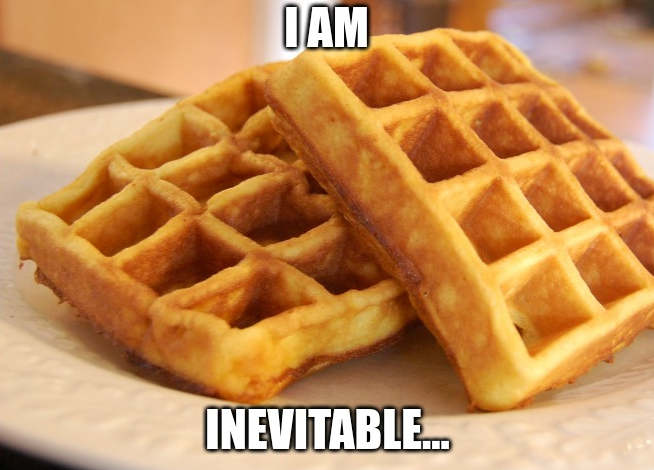If states are unable to pick up the temporary costs until the federal government eventually reopens, will the lack of that amount of money that is usually spread out across 42 million recipients across the country drive food prices up, down, or leave them unchanged?
How will widespread theft at supermarkets affect prices?
It is interesting that you seem to assume that your average person who will be unable to purchase food with SNAP will be stealing food. People also have the option of not paying other bills to afford food, or going to food banks. The majority of theft in the retail setting comes from employees. Also: Is it worse to steal to eat, or to steal to make your bottom line look better? Wage theft grossly outpaces losses from theft year after year. Maybe stop villanizing the disadvantaged folks in our society, and put that anger towards the people who have stolen so much from the majority that they put the disadvantaged in the position they are in.
It is odd that you would assume there would be no theft increase. Survival isn’t a mark against a person’s character
Desperate times call for desperate measures
When it comes down to a basic choice of paying utilities or paying for food when both are needed it is easier to steal food than utilities
Life generally takes the path of least resistance
Certainly, I believe most people would avoid theft if possible, but when faced between dignity and survival it may be an easy choice to steal from those who are objectively price gouging
Though this is is going into a steep tangent while focusing only on theft and does not address the overall question
Very good points. I apologize for making assumptions. There’s a lot of anger out there, mine included, keeping people from being their best selves, and my assumption is symptomatic of that. No excuse; sometimes explaination is necessary, IMO.
I like to think of the “economy” as two economies, the real material economy, and the fiscal or money economy. The former doesn’t really seem to matter to economists, as they believe that enough money can solve any problem, hence they only reference the latter “economy”. So, to my way of thinking, as SNAP amounts about 8 billion $ a month and the US GDP as defined in the “fiscal economy” is around 2,542 billion $ a month, it’s a very small drop in a very large bucket, in those terms at least. I would imagine that with the stock market being so enamored with AI right now that there won’t be any appreciable reaction there to the slight change in Walmart’s bottom line. The General Merchandise side of such super-stores is vastly more important to profits than the grocery side due to very tight margins on groceries, so probably no perceptible change there. I think the biggest effect would be on those few small and local grocers, as they are more “real economy” based, so a decline in their sales would further exacerbate the “business as usual” of them being forced into insolvency by competition from big box stores. The biggest consequences I forsee from the lack of snap benefits os a speeding up of what is already a well established pattern. One more thing attributes to the opinion asked for in the original post that I am finally and at last getting around to; the top 10% of earners account for 50% of consumption. So with all that crap in mind, I think that until the people at the bottom are squeezed hard enough that they are forced to turn from single person shoplifting to organized group theft, looting I guess, that there will be no real change in grocery prices.
Maybe stop villanizing the disadvantaged folks in our society, and put that anger towards the people who have stolen so much from the majority that they put the disadvantaged in the position they are in.
I didn’t see the main post doing that in the slightest. The poster is asking what the impact will be.
Also, industry needs zero reason to hold prices or raise them. We are completely divorced from standard economics at this point. Edit: spelling
Very good points.



